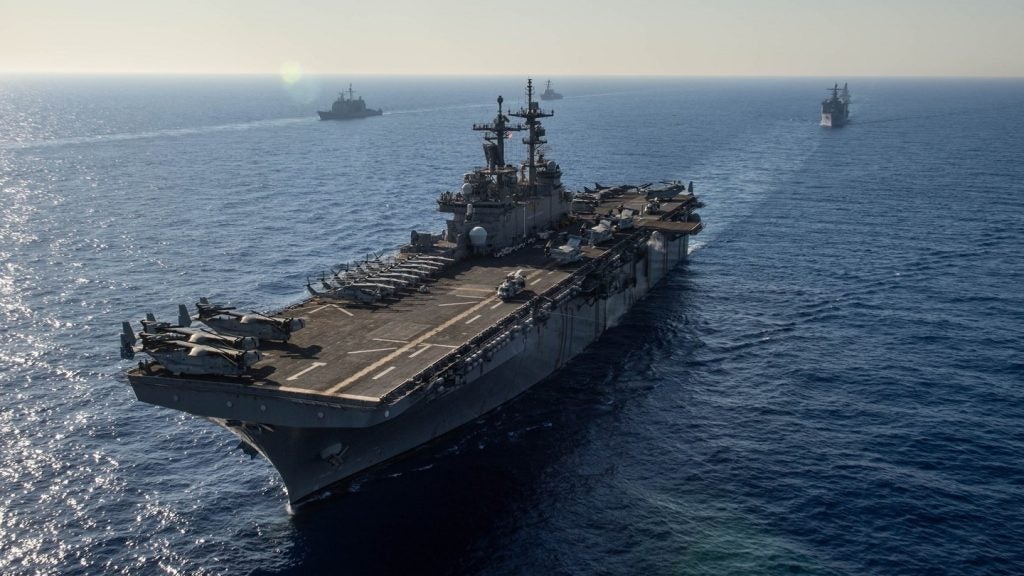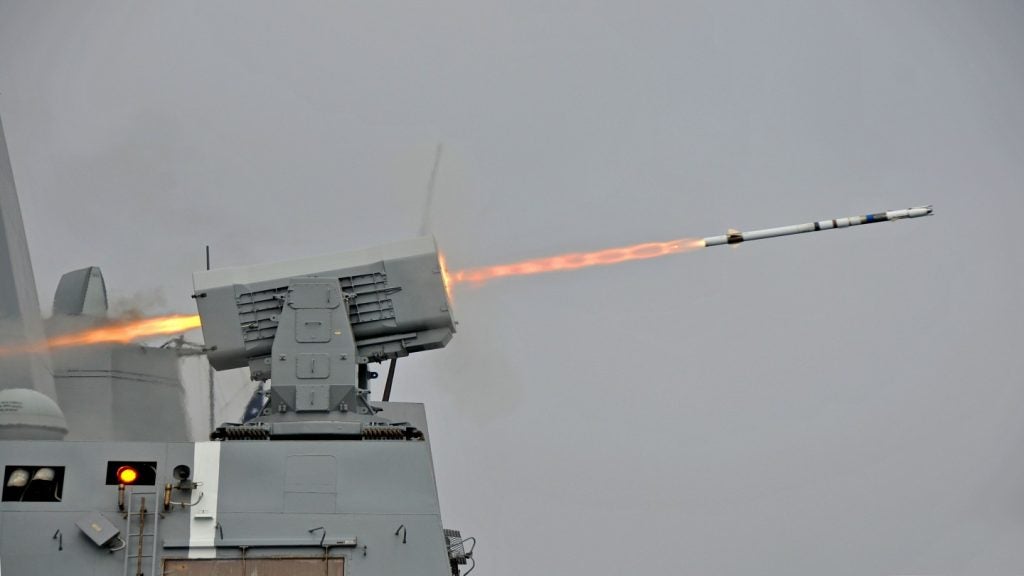Russia has confirmed plans to test-launch the Bulava intercontinental ballistic missile (ICBM) by the end of this year, dismissing recent media reports that the event had been postponed.
Free Buyers Guide
Leading Guide to Submarine and Submersible Suppliers for the Naval Industry
Thank you.
Go deeper with GlobalData
Related Company Profiles
Your download email will arrive shortly.Please check your mail inbox to download buyer's guide
You may also be interested in:

Defence Ministry spokesperson major general Igor Konashenkov was quoted by the Russian News Agency TASS as saying: "Media reports of [an] alleged decision to put off the planned test-launch of the sea-based Bulava intercontinental ballistic missile until autumn 2015 are untrue."
Konashenkov also confirmed two more launches of the Bulava, to be conducted in line with the plan for 2015.
Last month, the Russian Navy successfully test-fired the Bulava ICBM from the Borey-class nuclear-powered submarine, Yury Dolgoruky.
After being launched from a submerged position at a site in the Barents Sea, the missile hit the target at the Kura test range in Kamchatka, Russian Far East, complying with the required parameters of the flight trajectory.
Built by the Moscow Institute of Thermal Technology, the three-stage Bulava missile aims to replace the R-39 UTTH Bark missile and can carry up to ten MIRV warheads.
The Borey-class submarines, integrated with Bulava missiles, are expected to enter the Russian marine strategic nuclear forces between 2025 and 2030.
Russia has previously experienced several breakdowns in Bulava test-firing, leading to the Defence Ministry ordering at least five additional launches.
Free Buyers Guide
Leading Guide to Submarine and Submersible Suppliers for the Naval Industry
Thank you.
Your download email will arrive shortly.Please check your mail inbox to download buyer's guide
You may also be interested in:

By downloading this Buyers Guide, you acknowledge that GlobalData UK Limited may share your information with our partners/sponsors who may contact you directly with information on their products and services.
Visit our Privacy Policy for more information about our services, how GlobalData may use, process and share your personal data, including information on your rights in respect of your personal data and how you can unsubscribe from future marketing communications. Our services are intended for corporate subscribers and you warrant that the email address submitted is your corporate email address.








